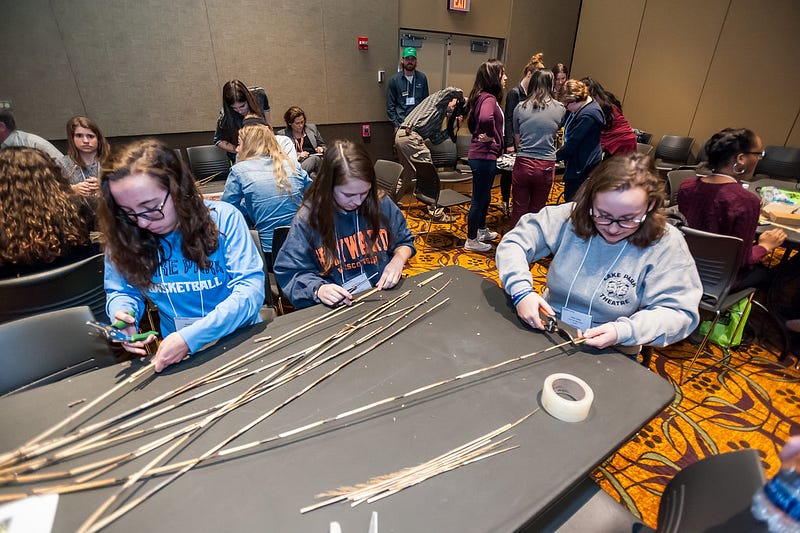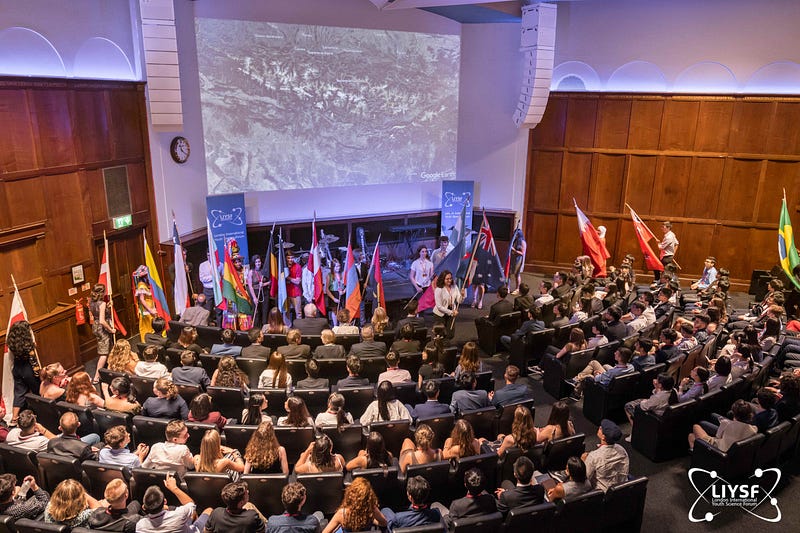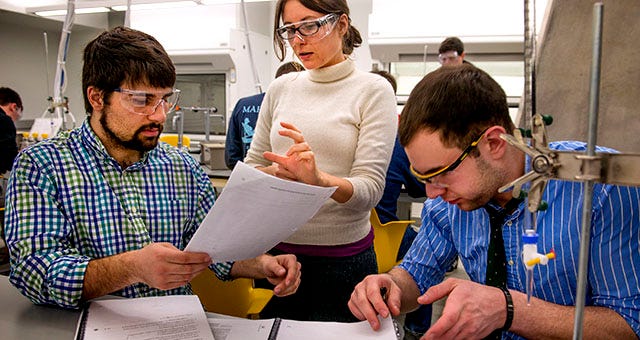Summer science camps are a great way for children and teenagers to spend their break from school deepening their understanding of the natural world, discovering new interests or passions, and developing practical skills that can help them pursue a career in science. In the UK, summer science camps have become increasingly popular over the years, with educational organisations and universities offering a broad range of courses and programmes for young people from all backgrounds.

The benefits of summer science camps and scientific visits are numerous. By attending a camp, students can engage in hands-on experimentation and exploration, which can help them recognise the relevance of science to their everyday lives. Moreover, they can benefit from the opportunity to work with mentors and experts who can provide guidance and encouragement to foster their curiosity and creativity. Additionally, summer science camps can help students build social skills and friendships, as they work collaboratively with other young people who share their interests.
There are a wide variety of summer science camp options available across the UK, ranging from one-week programmes to longer, residential courses. Some camps are focused on a particular scientific discipline, such as physics or biology, while others offer a more general overview of science and technology. Some of the most popular science camps in the UK include:

– The Royal Institution’s Summer Schools: The Royal Institution, a prestigious scientific organisation in London, hosts a summer school programme for students aged 16–18 years old. During the week-long course, students participate in lectures, workshops and experiments on a range of topics, from biochemistry to engineering.
– LIYSF’s Imperial College London’s Science Challenge: The Science Challenge is a summer course designed for students aged 14–15 years old. The programme includes workshops, talks, and practical sessions in subjects such as neuroscience, robotics, and environmental science.
- Learn By Design’s STEM Camps: Learn By Design is an education company that offers STEM (science, technology, engineering, and maths) camps throughout the UK. These camps are designed for students aged 9–17 years old, and are typically held in partnership with universities and other educational institutions.

– UKSA Space School: The UK Space Agency hosts a week-long residential camp for students aged 12–14 years old, which is held at the National Space Centre in Leicester. During the camp, students learn about space science and engineering, and have the opportunity to design and build their own space mission.
– Smallpeice Trust Engineering Courses: The Smallpeice Trust is a charity that supports science and engineering education in the UK. The Trust offers a variety of residential courses for students aged 12–18 years old, which focus on engineering topics such as electronics, robotics, and renewable energy.
In conclusion, summer science camps offer a fun and engaging way for students to explore their interest in science and develop valuable skills. With the broad range of programmes available across the UK, there is sure to be a summer science camps that suits your child’s interests and preferences. Whether your child is interested in space exploration or sustainable energy, there is a camp out there that will help them deepen their knowledge and passion for science.





